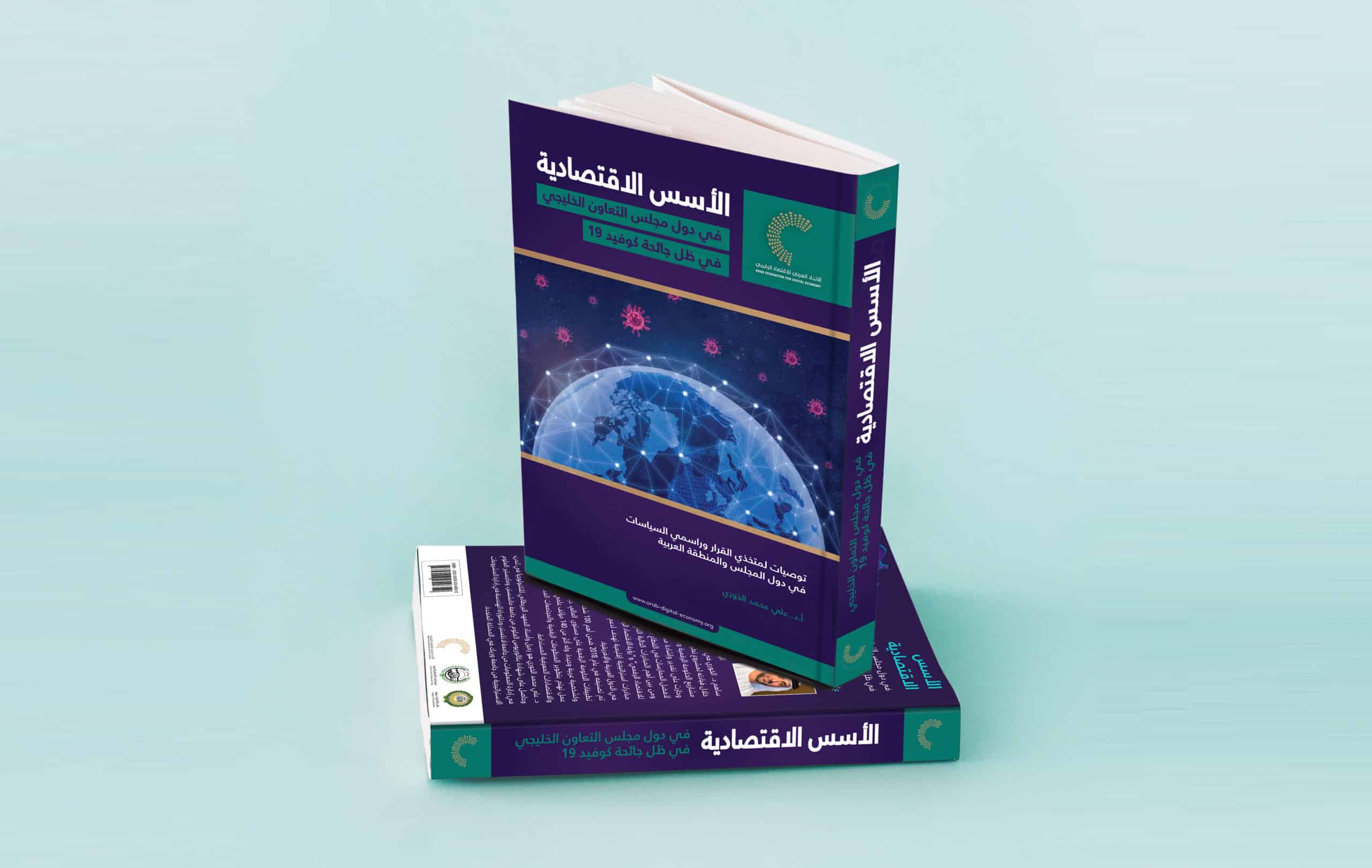
The Arab Federation for Digital Economy has issued a new study entitled: “Economic Foundations in the Gulf Cooperation Council Countries in the Light of the Covid 19 Pandemic,” which addresses a number of important strategic axes and recommendations for decision and policy makers in the Gulf states and the Arab region.
The study indicates that, according to data from international reports, the economic crisis that began in 2020 led to the loss of more than a quarter of a billion permanent jobs, and the rise in global unemployment rates to about 200 million people, and pushed more than 10 million people into the cycle of extreme poverty. Also, according to World Bank statistics, the Middle East and North Africa region has the highest youth unemployment rate in the world, with rates reaching 30%.
The study touches on the current economic crisis and its impact on the global and Arab scenes, and then exposes some of the economic foundations in the Gulf Cooperation Council countries, and the extent to which their economies depend on hydrocarbon sources of income, and also highlights a number of the most important challenges facing the Gulf countries, at a time of increasing severity and complexity. Security, political and economic challenges.
The study indicates that the main sources of income in the Gulf countries and the Arab region are still rentier or primary production that lacks value-added based on knowledge.
The study stresses the importance of reconsidering the current economic models, adopting economic diversification policies and shifting towards a productive economy based on the added value of knowledge in light of the huge potential of the Gulf and Arab market.
The study also shows the importance of building a perspective on the overall picture and the role of the digital economy in accelerating the pace of growth and development, especially related to Arab production capacities and the volume of exports, achieving self-sufficiency goals and addressing developmental requirements represented in creating job opportunities and raising income and living standards.
The study concludes by presenting a list of recommendations to policy makers and decision makers on the reform requirements needed to stimulate economic growth in the Gulf Cooperation Council countries and the Arab region as a whole.
To read the study:
https://arab-digital-economy.org/wp-content/uploads/2022/07/2022-2.pdf.pdf
| About | |
|---|---|
| Initiatives | |
| Knowledge | |
| Services | |
| Media Center | |
| Contact |